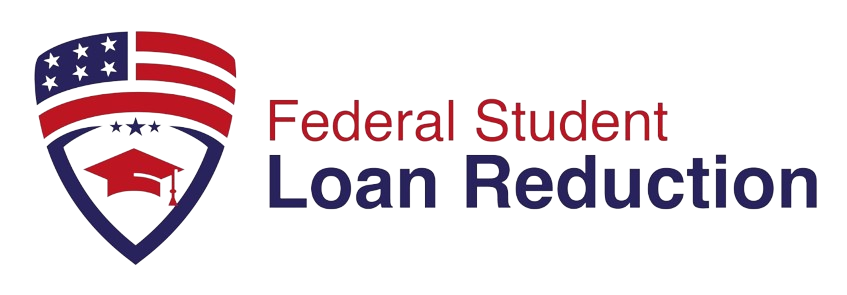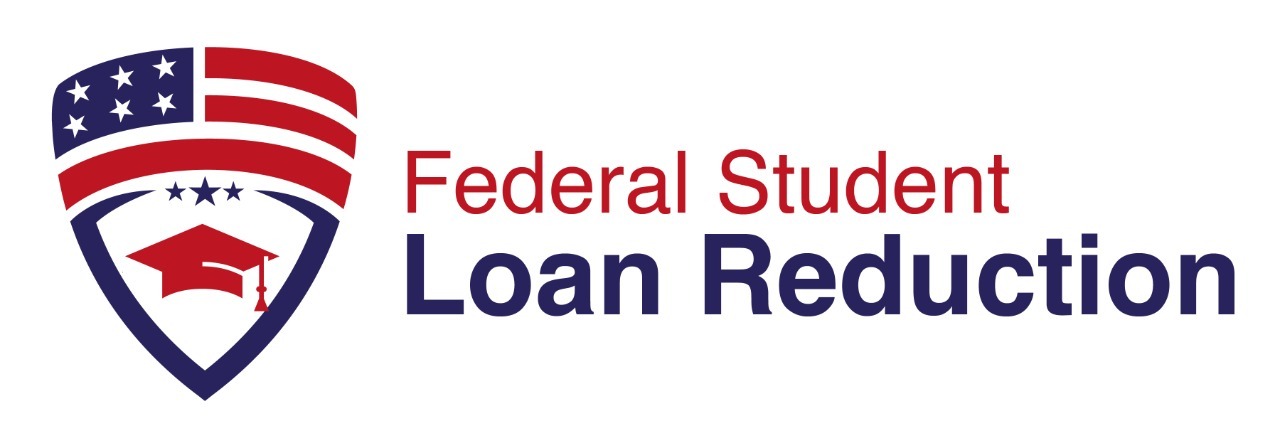Blog

Appeals Court Blocks Parts of Biden's Student Loan Repayment Plan
In a significant development for millions of student loan borrowers, two federal judges have issued preliminary injunctions against key provisions of President Joe Biden's student loan repayment program, known as the SAVE (Saving on a Valuable Education) plan. These rulings, handed down by judges in Missouri and Kansas, have cast uncertainty over the future of this ambitious initiative designed to ease the financial burden on borrowers.
What is the SAVE Plan?
The SAVE plan, introduced by the Biden administration last year, aims to provide substantial relief to federal student loan borrowers by reducing monthly payments and expediting debt forgiveness. The plan is an enhanced version of previous income-driven repayment (IDR) plans, offering more generous terms for borrowers. Key features of the SAVE plan include:
Reducing monthly payments for undergraduate loans to 5% of discretionary income (down from 10%).
Allowing borrowers to exclude a larger portion of their income from repayment calculations.
Offering a shorter repayment period for borrowers with smaller loan balances, potentially forgiving remaining debt after just 10 years for those who borrowed less than $12,000.
Court Rulings and Their Implications
The recent court decisions stem from lawsuits filed by Republican-led states, which argue that the Biden administration lacks the legal authority to implement such sweeping changes without explicit congressional approval. The judges' rulings have temporarily halted critical aspects of the SAVE plan, including:
The reduction of payments to 5% of discretionary income, which was scheduled to take effect on July 1, 2024.
Further loan forgiveness under the SAVE program, which has already canceled $5.5 billion in debt for over 414,000 borrowers.
These injunctions mean that the Biden administration must pause its efforts to further lower monthly payments and provide additional debt relief under the SAVE plan until the legal challenges are resolved.
Impact on Borrowers
For the more than 8 million borrowers currently enrolled in the SAVE plan, the rulings introduce a period of uncertainty. While some benefits of the plan, such as more favorable treatment of interest and the current income-based payment calculations, remain in effect, the blocked provisions could delay the anticipated financial relief for many.
The Road Ahead
The Biden administration has expressed its commitment to defending the SAVE plan and continuing its efforts to provide student debt relief. Education Secretary Miguel Cardona highlighted that, despite the rulings, the SAVE plan still offers lower monthly payments for millions of borrowers, including protections against runaway interest.
As legal battles unfold, borrowers are advised to stay informed about their repayment options and any updates from the Department of Education. The administration's determination to pursue student loan relief underscores the ongoing debate over the scope of executive authority in addressing the student debt crisis.
Conclusion
The partial block of the SAVE plan represents a critical juncture in the Biden administration's broader strategy to alleviate the student loan burden. While the legal challenges pose significant hurdles, the outcome of these cases will have profound implications for millions of borrowers seeking financial relief. As the situation evolves, staying updated on court decisions and administrative responses will be crucial for those impacted by these developments.
Blog

Appeals Court Blocks Parts of Biden's Student Loan Repayment Plan
In a significant development for millions of student loan borrowers, two federal judges have issued preliminary injunctions against key provisions of President Joe Biden's student loan repayment program, known as the SAVE (Saving on a Valuable Education) plan. These rulings, handed down by judges in Missouri and Kansas, have cast uncertainty over the future of this ambitious initiative designed to ease the financial burden on borrowers.
What is the SAVE Plan?
The SAVE plan, introduced by the Biden administration last year, aims to provide substantial relief to federal student loan borrowers by reducing monthly payments and expediting debt forgiveness. The plan is an enhanced version of previous income-driven repayment (IDR) plans, offering more generous terms for borrowers. Key features of the SAVE plan include:
Reducing monthly payments for undergraduate loans to 5% of discretionary income (down from 10%).
Allowing borrowers to exclude a larger portion of their income from repayment calculations.
Offering a shorter repayment period for borrowers with smaller loan balances, potentially forgiving remaining debt after just 10 years for those who borrowed less than $12,000.
Court Rulings and Their Implications
The recent court decisions stem from lawsuits filed by Republican-led states, which argue that the Biden administration lacks the legal authority to implement such sweeping changes without explicit congressional approval. The judges' rulings have temporarily halted critical aspects of the SAVE plan, including:
The reduction of payments to 5% of discretionary income, which was scheduled to take effect on July 1, 2024.
Further loan forgiveness under the SAVE program, which has already canceled $5.5 billion in debt for over 414,000 borrowers.
These injunctions mean that the Biden administration must pause its efforts to further lower monthly payments and provide additional debt relief under the SAVE plan until the legal challenges are resolved.
Impact on Borrowers
For the more than 8 million borrowers currently enrolled in the SAVE plan, the rulings introduce a period of uncertainty. While some benefits of the plan, such as more favorable treatment of interest and the current income-based payment calculations, remain in effect, the blocked provisions could delay the anticipated financial relief for many.
The Road Ahead
The Biden administration has expressed its commitment to defending the SAVE plan and continuing its efforts to provide student debt relief. Education Secretary Miguel Cardona highlighted that, despite the rulings, the SAVE plan still offers lower monthly payments for millions of borrowers, including protections against runaway interest.
As legal battles unfold, borrowers are advised to stay informed about their repayment options and any updates from the Department of Education. The administration's determination to pursue student loan relief underscores the ongoing debate over the scope of executive authority in addressing the student debt crisis.
Conclusion
The partial block of the SAVE plan represents a critical juncture in the Biden administration's broader strategy to alleviate the student loan burden. While the legal challenges pose significant hurdles, the outcome of these cases will have profound implications for millions of borrowers seeking financial relief. As the situation evolves, staying updated on court decisions and administrative responses will be crucial for those impacted by these developments.
Contact Us
Contact Us
Have Questions or Need Assistance? Our Team Is Ready to Support You
Disclaimer
Similar to how your accountant works for you on your taxes and not for the IRS or a collection agency, Federal Student Loan Reduction is in no way affiliated with the Department of Education or your Student Loan Servicer, and is not a collection agency.
Federal Student Loan Reduction is in no way sponsored, endorsed, administered by, or associated with Facebook. This offer is fully compliant with Facebook Advertising policies which state, "ads promoting student loan services must be targeted to people 18 years or older. Ads must not promote misleading or deceptive services related to student loan consolidation, forgiveness, or refinancing."
© Copyright 2024 • Federal Student Loan Reduction


